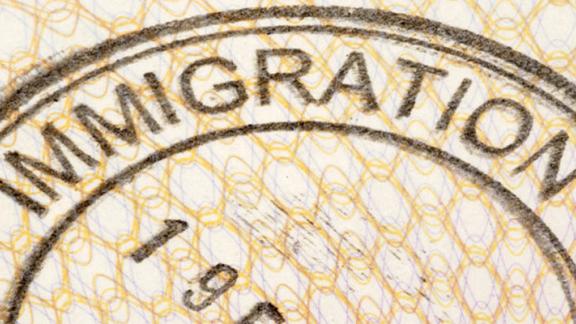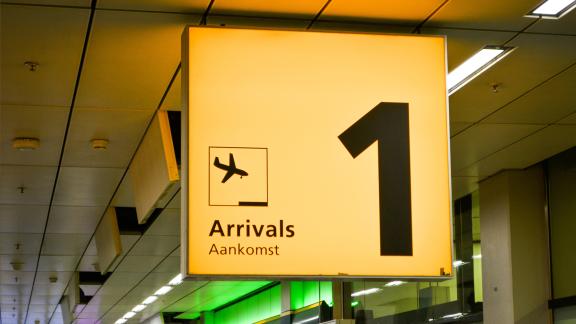Sponsorship licence system

The migrant sponsorship system requires employers to hold a sponsorship licence before they can employ foreign nationals from outside of the UK (excluding the Republic of Ireland).
For employers in the NHS this means that if you currently employ migrants under the skilled worker route of the new points-based system or wish to do so, you must possess a sponsorship licence issued by UK Visas and Immigration (UKVI).
The Home Office has announced that it intends to increase some of its fees to contribute to funding the migration and borders system, and reduce the cost to the taxpayer.
The changes announced in Parliament on Thursday 16 January 2025 include a proposed increase in the cost of a Certificate of Sponsorship (CoS).
At the moment, the fee for a CoS is £239. The Home Office will announce when these changes come into effect – when it does, the cost of a sponsorship fee will be £525. The change will affect new visa applications and sponsorship renewals.
We will update this page at the conclusion of the legislative process. Read our latest news for more information that includes questions and answers.
Sponsorship duties
A sponsorship licence allows organisations to join a list of available sponsors to employ skilled workers from overseas. It’s an ongoing agreement until the organisation either no longer needs to hold the licence due to not sponsoring any skilled overseas workers, or if UKVI remove the organisation from the list following a review.
Sponsorship responsibilities
During the time that organisations hold an active sponsorship licence, certain duties on record keeping, reporting, compliance and cooperating with UKVI are required to retain your licence.
It is essential that these duties are not overlooked as failure to comply could lead to your licence being downgraded or withdrawn.
Some key things to monitor and to ensure are that:
- The business is operating the way it has been outlined in the application.
- The sponsored workers are working in the correct and relevant role they have been sponsored for.
- The salary role and job code is accurate for the worker.
- The skilled workers are being managed by the sponsors themselves.
- The HR systems are in place for every skilled worker to include; pay slips, sickness, annual leave.
- Be aware of migrant tracking which is to know the workers current status of employment and where they are based.
More information about your sponsorship responsibilities can be found on the UKVI website.
Applying for a sponsorship licence
To employ a person who is not a settled worker in the UK, you will need to apply for a sponsorship licence. You can apply for your licence online and you will be required to pay a fee for the licence, this is currently £239 for skilled workers which includes the health and care visa.
UKVI will review the application to check that the correct fee has been paid. The employer will be notified of the outcome once this is done (normally within eight weeks).
If you are approved, your organisation’s name will be added to the Register of Sponsors on GOV.UK. You will be given access to the sponsorship management system (SMS) and will be able to sponsor workers who meet the relevant criteria by assigning them a CoS.
Renewing your licence
Renewing your licence is no longer required. From 6 April 2024 the government made sponsorship renewal automatic. If your licence expired before this date and you have not renewed, you will need to follow the steps above to apply for a new sponsorship licence.
Sponsorship licence application checklist
The following checklist may help you assess your application before submitting. Do not submit your form until you are sure you can meet all the requirements set by UKVI. Once the sponsorship licence has been issued, the Home Office can arrange visits or have unannounced visits to the organisation.
- Have you read the UK Visas and Immigration guidance?
- Have you registered online?
- Have you made a note of your user ID so that you can log onto the SMS account and apply for your licence?
- Have you assigned your key personnel?
- Have you included on the application which categories your organisation wants to be licensed as a sponsor for?
- Does your HR/record-keeping system meet the suitability criteria set by the UK Visas and Immigration?
- Have you indicated the number of certificates of sponsorship you expect to issue in each year?
- Have you completed the fee payment section details correctly?
- Is the application being submitted by the authorising officer?
There are also guidance documents on the GOV.UK website.



